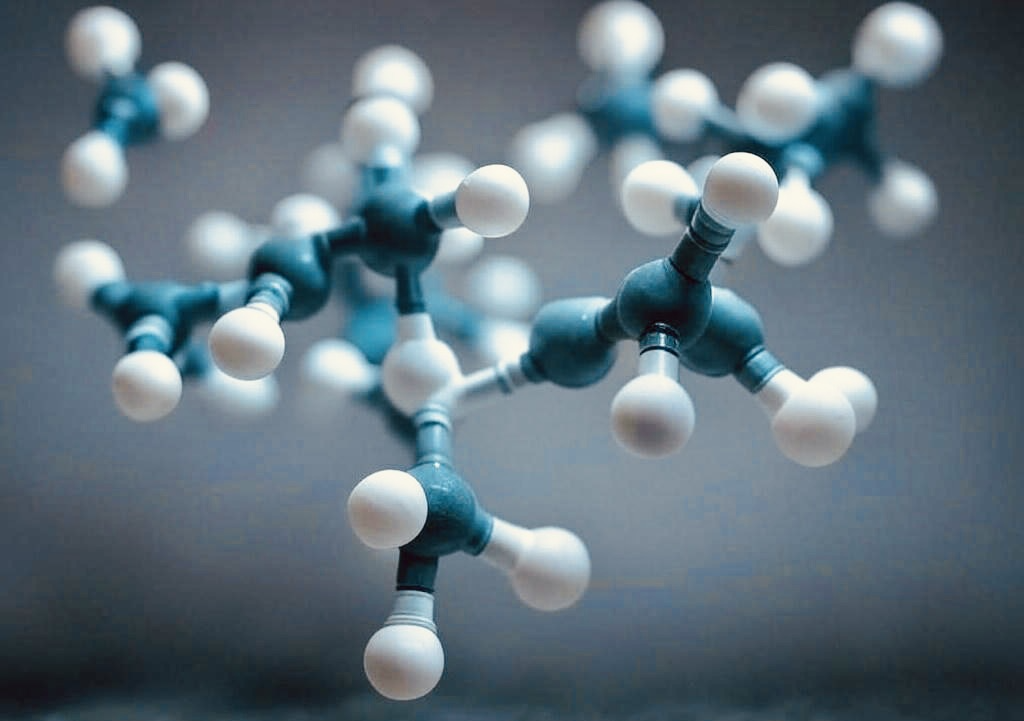IM-19
Precision Immune Modulation for Optimal Targeted Therapies

Technical Specifications
IM-19
Intelligent molecular adapter capable of optimizing immune response according to specific needs, without generalized suppressive effects.
IM-19 represents a revolution in precision immunotherapy, capable of selectively amplifying or reducing different immune pathways simultaneously, enabling highly personalized interventions.
"IM-19 has completely transformed our approach to immunotherapy. It's like having a molecular conductor who harmonizes the immune system instead of simply activating or suppressing it."
Principal Advantage
Unlike traditional immunomodulators that exert generalized effects, IM-19 works at the molecular level to precisely calibrate each component of the immune response, like a conductor for your defense system. This ultra-precise modulation prevents side effects while maximizing therapeutic efficacy.
Comparison with Standard Immunomodulators
IM-19 widely surpasses conventional approaches in immunotherapy on critical parameters of precision and efficacy.
Clinical Applications
Autoimmune Diseases
Selective regulation of hyperactive immune cells without compromising defenses against pathogens, enabling prolonged remission without the side effects of immunosuppressants.
Advanced Oncology
Targeted amplification of tumor cell recognition and elimination by the immune system, circumventing immune evasion mechanisms developed by cancers.
Therapeutic Support
Prevention of graft rejections and compatibility with other advanced therapies, including cellular regenerators like LX-42 and neuroprotectors like NR-7.
Preventive Medicine
Preventive reinforcement of specific immune pathways for at-risk populations, offering targeted protection without over-stimulating the immune system.
Advanced Mechanism of Action
IM-19 Immune Modulation Process
IM-19 uses an adaptive molecular recognition system that interacts with cytokines and cell receptors dynamically, constantly adjusting its activity based on the local immune environment.
Recognition
Real-time analysis of specific tissue immune biomarkers and identification of imbalances.
Adaptation
Molecular reconfiguration according to detected immune imbalances, optimizing its structure for targeted action.
Modulation
Precise adjustment of pro and anti-inflammatory signaling pathways to restore immune homeostasis.
Memorization
Programming of immune cells to maintain the appropriate response even after IM-19 elimination.
Molecular Particularities
The unique structure of IM-19 comprises three distinct functional domains: a recognition module that identifies immune markers, an adaptive core that changes conformation in response to detected signals, and an effector domain that interacts with immune cell receptors. This tripartite architecture allows unprecedented contextual modulation of the immune response.
| Immune Target | Mode of Action | Regulatory Effect |
|---|---|---|
| CD4+ T Lymphocytes | JAK/STAT Modulation | Th1/Th2/Th17/Treg Balancing |
| Dendritic Cells | NF-κB/IRF Regulation | Antigenic Presentation Optimization |
| CD8+ T Lymphocytes | PI3K/mTOR Activation | Targeted Cytotoxic Potentiation |
| NK Cells | KIR/NKG2 Modulation | Enhanced Anomaly Recognition |